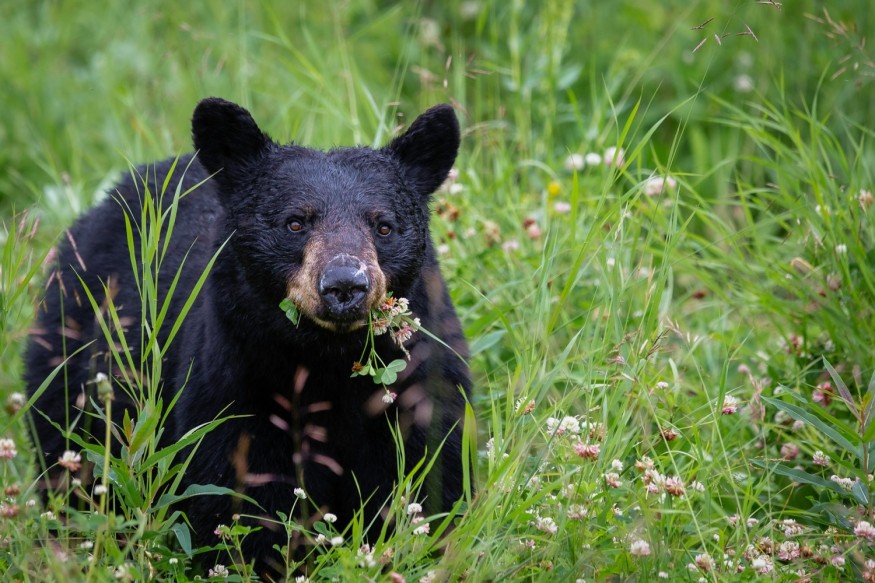A black bear in California that came out from its hibernation was spotted wandering around a Lake Tahoe ski resort, forcing its temporary closure. Reports in recent days indicate that the California black bear was hungry following its hibernation during the winter months. The wild animal was seen roaming around the Palisades Tahoe ski resort, where it was gazing at people and searching for potential food in garbage bins.
The recent incident adds to the spate of bear sightings in different parts of California in recent years, including in Sierra Madre. The California Department of Fish and Wildlife (CDFW) considers these sightings to include the black bear (Ursus americanus) species as an "imminent threat to public safety." Wildlife experts say that bears and other wild animals in general can be attracted to human population centers, where food is available.
California Black Bear Sighting

Details of the California black bear sighting was recently posted by Palisades Tahoe on Instagram, where it said the animal was hanging around the top of Granite Chief last week. The bear sighting led to early closures in the area, including two ski lifts near to the bear, to prevent skiers and snowboarders from getting close to the animal.
The California ski resort also asked the public in its April Instagram post for a potential name for the wandering, curious bear, which it described as "very cute." The CDFW also told local media that the bear was previously caught and tagged in 2023, wherein it was released back into the wild in El Dorado County.
US Bear Attacks
Throughout California, there are approximately 25,000 to 35,000 black bears, which are also the only species of bears, according to the U.S. Forest Service (FS). However, their color ranges from blonde to black, with the color cinnamon brown being the most common. Under normal circumstances, black bears will avoid confrontation with humans, the FS adds.
Previous related cases in California and across the United States not only involved sightings but also fatal bear attacks. In 2023, a black bear mauled to death a 66-year-old Arizona man in a case of an unprovoked attack on the victim's property. In 2021, a 65-year-old California woman died from a rare predatory attack by a bear, which was attracted by scents near the victim's tent, according to wildlife officials.
Are Bears Friendly to Humans?
Bears are considered to be apex predators in their habitats. However, most of these large mammals do not actively seek and feed on humans. Yet, experts argue that most bear attacks happen for various reasons, including perceived threat concerning the animals' territory and their cubs.
In addition, the increasing proximity between bear habitats and human settlements is also intensifying this wildlife conflict. According to the National Park Service (NPS), bear attacks are rare but most of them only want to protect their cubs, food, or their space.
Related Article: How To Survive a Bear Attack: Brown, Black, and Polar Bears
© 2025 NatureWorldNews.com All rights reserved. Do not reproduce without permission.





